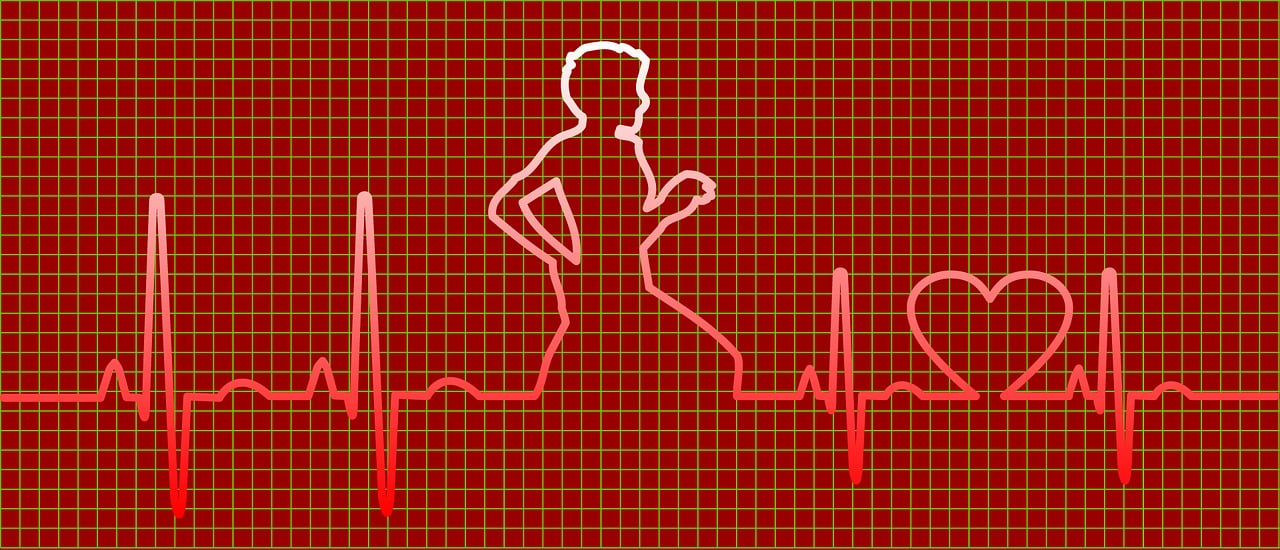Often less well-known than cholesterolCholesterol is essential for the proper functioning of the human body, but it can also have harmful effects if present in excess. >>, triglycerides are another type of fat found in the bloodBlood is composed of red blood cells, white blood cells, platelets, and plasma. Red blood cells are responsible for transporting oxygen and carbon dioxide. White blood cells make up our immune defense system. Platelets contribute to blood. When too high, they may play a role in heart disease. Learn how they work, how they might affect your arteries, and what can be done to keep them under control.










